Communication is a lot like Selling
Communicating is a lot like selling. But instead of selling products or services, you’re selling ideas. Whether it’s communicating an idea, a concept, a product, a service, an event, or a cause; it all starts when someone sells something. But people make a lot of mistakes in this area.
The #1 mistake I see is this…
We assume they care.
We assume they know the value the event will bring. We assume that they want what we have. We assume that they are excited about our next series. We assume people will participate in this fundraiser because they participated in the last one. We assume they will do what we ask them to do. We assume they care at all about what we are doing.
Most people don’t care what you have to say.
Sure… Your fans might but most people don’t. About this point in the conversation is when people would start saying, “Yeah, but I care when apple launches something new.” Do you really? Just because you watch the launch broadcast doesn’t mean you were inspired to buy the new product. If the product isn’t beneficial to YOU, you might enjoy the launch but not buy. This is why
Apple spends millions in advertising and marketing. They are trying to get you to care enough to BUY something.
Here are some questions I ask when communicating anything.
1. What do they care MOST about?
The answer is usually THEMSELVES. Even if people have great hearts, they don’t buy everything. Most people buy food each day for THEMSELVES. Most people buy phones for THEMSELVES. Most people buy computers for THEMSELVES. Most people buy clothes for THEMSELVES (or THEIR KIDS).
The point is this. They don’t care about you or your organization near as much as you might think they do. If you know this, you can win… Because it leads to question #2.
2. What barriers does this person have in buying right now?
This question is rarely asked in meetings. What we usually say is this, “We are doing an event and here is what they will learn and here is how much it costs!” That is a deathtrap because this type of thing is ASSUMING they care. We assume our benefits are bigger than their barriers. While that may be true, you have to spend ample time deconstructing barriers before you start building your benefits.
3. How does this product or service benefit THEM personally?
People buy stuff, not an organizations. Sell to the person. If you can help the person make more money personally, that’s good. If you can help the person save time, that’s good. If you can help the person reduce stress, that’s good. If you can help the person become the hero in their organization, that’s good. The person who puts the credit card number in should personally see benefit in some way.
Next time you start trying to sell something (or say something), I challenge you to assume that every potential person is starting with an interest level of zero. When you do this, it will help you build a case for why they should buy, or why they should listen.
